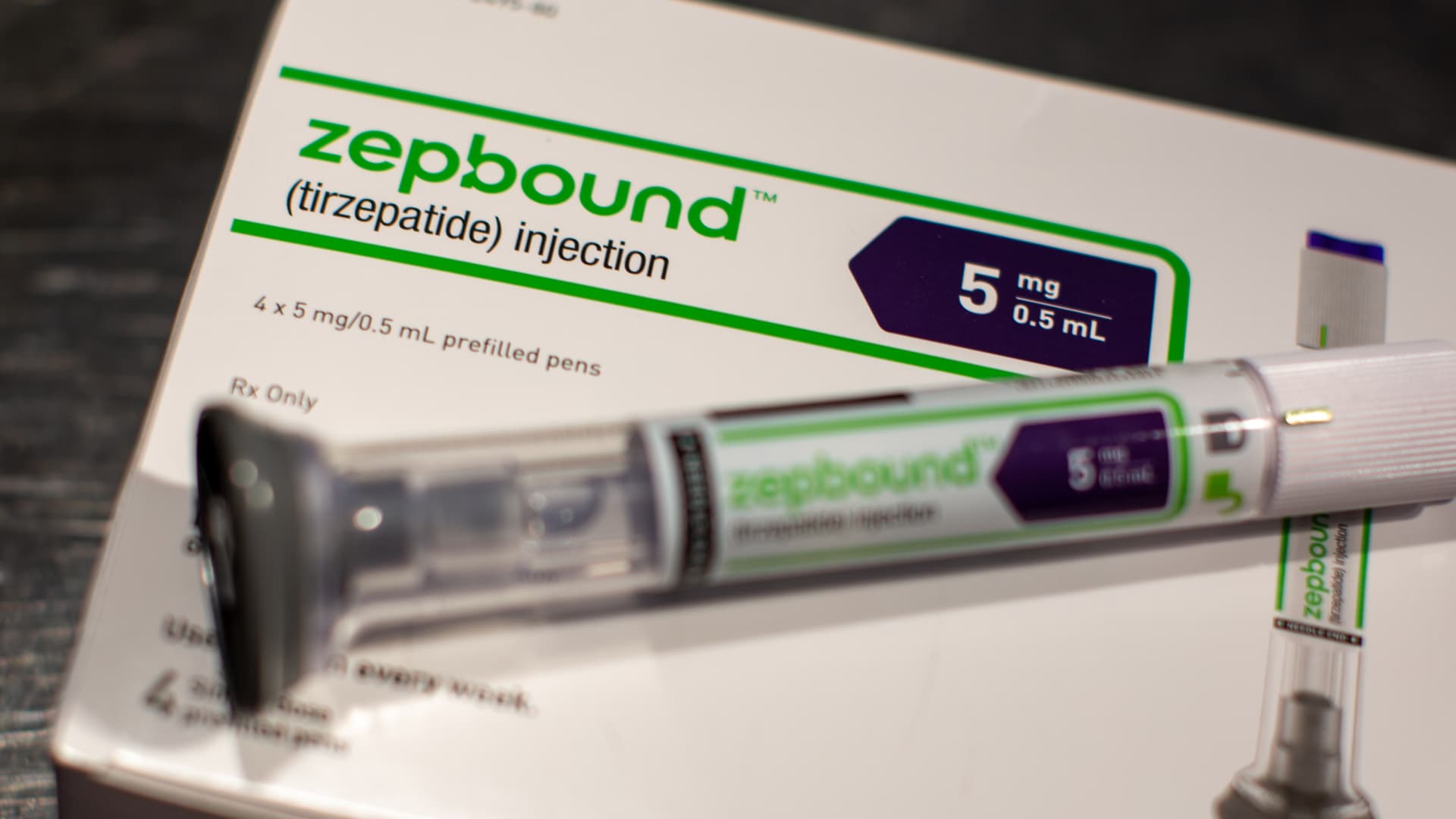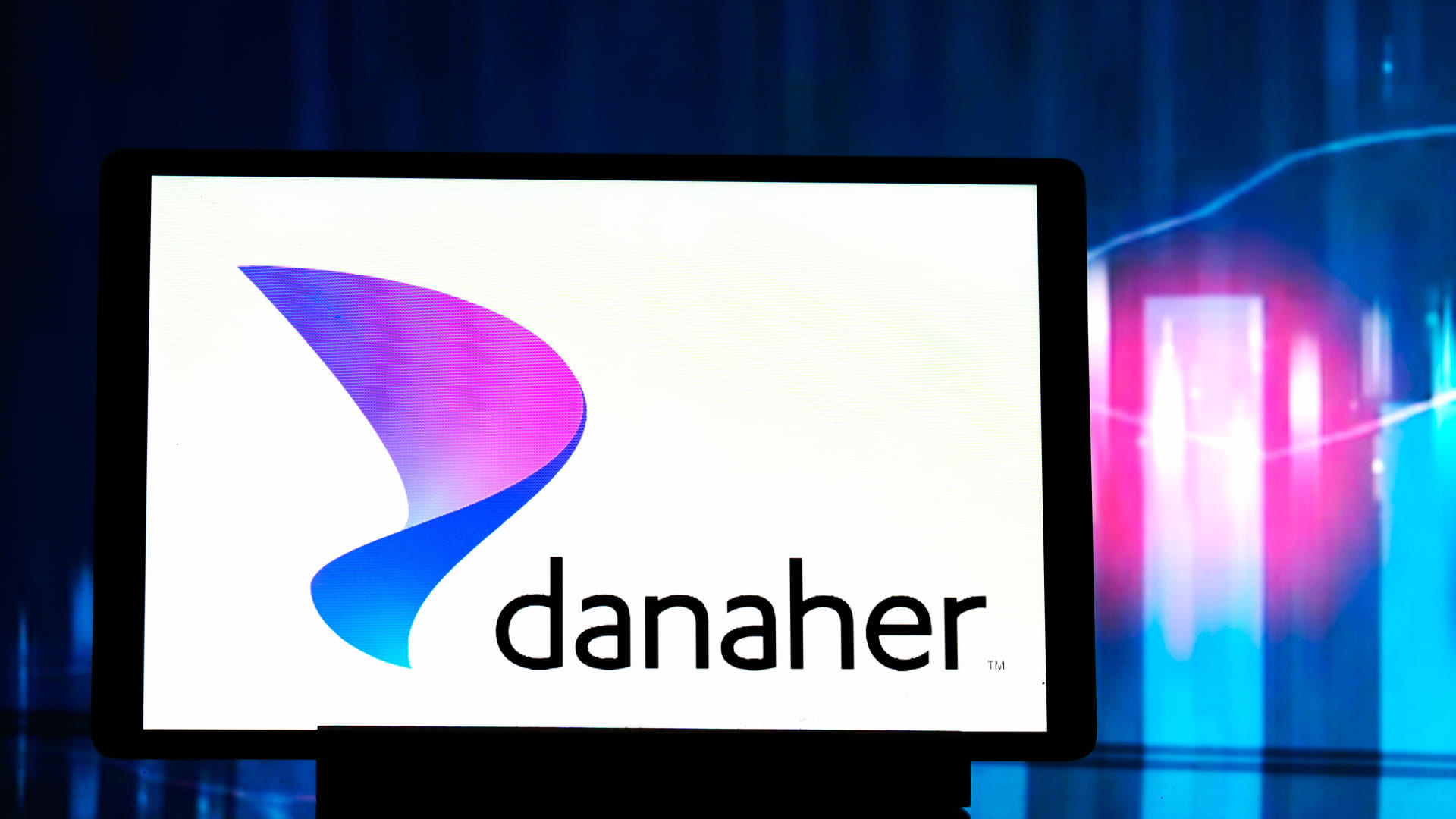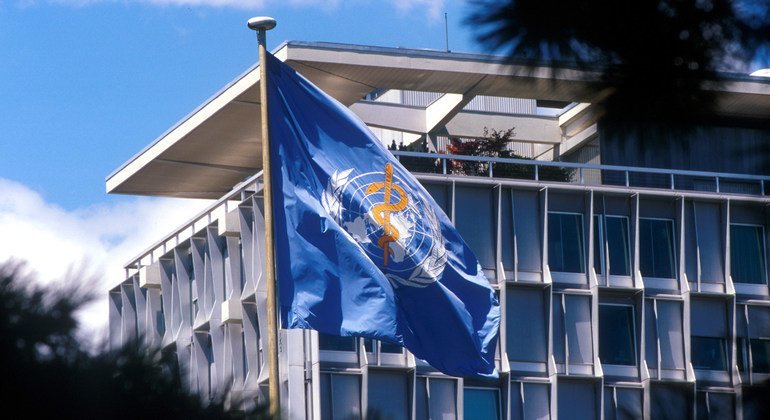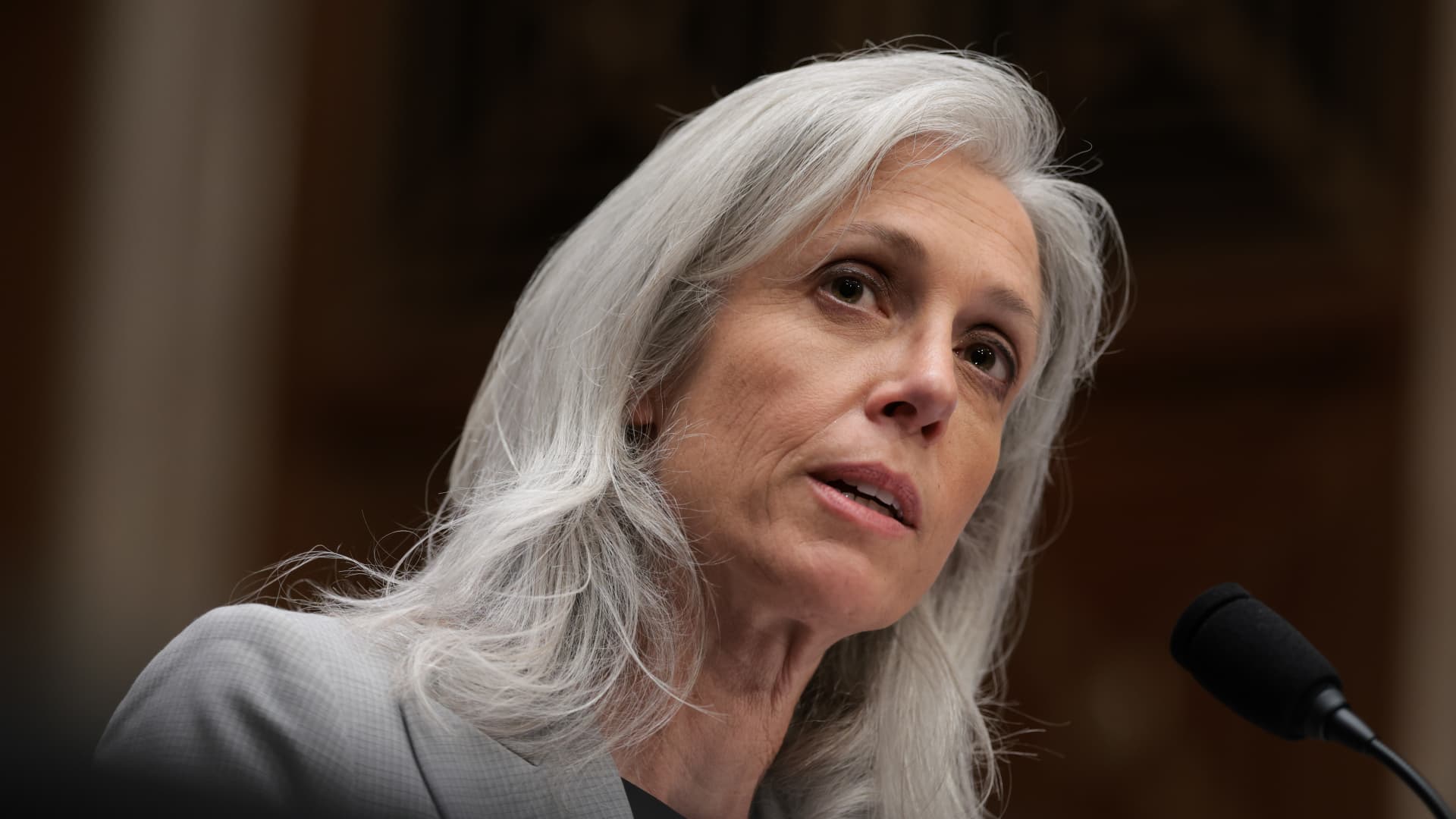microsoft On Thursday it announced new healthcare data and artificial intelligence tools, including a collection of medical imaging models, a healthcare agent service and an automated documentation solution for nurses.
The tools aim to help healthcare organizations build AI applications faster and save doctors time on administrative tasks, a leading cause of industry burnout. Nurses spend up to 41% of their time on documentation, according to a report from the Office of the Surgeon General.
“By integrating AI into healthcare, we aim to reduce pressure on medical staff, foster collective healthcare team collaboration, and improve the overall efficiency of healthcare systems across the country,” Mary Varghese Presti, vice president of portfolio evolution and incubation at Microsoft Health and Life Sciences, said in a prerecorded briefing with reporters.
The new tools are the latest example of Microsoft's efforts to establish itself as a leader in healthcare AI. Last October, the company introduced a number of health features in its Fabric analytics platform and Azure cloud. It also acquired Nuance Communications, which offers speech-to-text artificial intelligence solutions for healthcare and other sectors, in a $16 billion deal in 2021.
Many of the solutions Microsoft announced Thursday are in the early stages of development or only available in preview. Healthcare organizations will test and validate them before the company deploys them more broadly. Microsoft declined to share how much these new tools will cost.
AI models for healthcare
Microsoft Model Catalog
Courtesy of Microsoft
About 80% of hospital and healthcare system visits include an imaging exam because doctors often rely on imaging to help treat patients.
Microsoft is launching a collection of open source multimodal AI models that can analyze data types beyond text, such as medical images, clinical records, and genomic data. Healthcare organizations can use the models to create new applications and tools.
For example, digitizing a single pathology slide can require more than a gigabyte of storage, so many existing AI pathology models have been trained on small pieces of slides at a time. Microsoft and Providence Health & Services created a full-slide model that improves mutation prediction and cancer subtyping, according to a paper published in the peer-reviewed journal Nature.
Now, health systems can take advantage of it and adjust it to meet their needs.
“Getting a full slide base model for pathology has been a challenge in the past… and now we can actually do it,” Sara Vaezy, Providence's chief digital and strategy officer, told CNBC in an interview. “It was really kind of a game changer.”
The models are available in the Azure AI Studio model catalog, which serves as Microsoft's generative AI development hub.
Health care agent service.
Microsoft Healthcare Agent Service.
Courtesy of Microsoft
Microsoft also announced a new way for health systems to create artificial intelligence agents.
AI agents vary in complexity, but can help users answer questions, automate processes, and perform specific tasks.
Through Microsoft Copilot Studio, these organizations can create agents equipped with healthcare-specific protections. When a response contains a reference to clinical evidence, for example, the source is shown and a note indicates whether the response is generated by AI. Fabrications and omissions are also pointed out, Microsoft said.
For example, a healthcare organization could create an AI agent to help doctors identify clinical trials relevant to a patient. Microsoft said a doctor could write the question: “What clinical trials for a 55-year-old man with diabetes and interstitial lung disease?” and receive a list of possible options. It would save the doctor the time and effort of finding each trial.
AI agents that can help patients answer basic questions have been popular with health systems that have already begun testing the service, said Hadas Bitran, general manager of health AI at Microsoft Health and Life Sciences, in a question and answer session with journalists. Agents that can help doctors answer questions about recent guidelines and patients' history are also common, he added.
Microsoft's healthcare agent service is available in preview starting Thursday.
Bring automated documentation to nurses
In August, Microsoft announced that the next phase of its partnership with Epic Systems would be dedicated to creating an artificial intelligence-based documentation tool for nurses, and the company detailed those plans on Thursday.
Epic is a healthcare software provider that hosts the electronic health records of more than 280 million people in the U.S. It has a long-standing relationship with Microsoft.
Microsoft's Nuance already offers an automated documentation tool for physicians called DAX Copilot, which it introduced last year. It allows doctors to consensually record their patient visits, and AI automatically transforms them into clinical notes and summaries.
Ideally, this means that doctors do not have to spend time writing these notes every time they see a patient.
The technology has gained popularity this year. Nuance announced DAX Copilot was generally available on Epic's electronic health record in January, a coveted seal of approval within the healthcare industry. Integrating a tool like DAX Copilot directly into clinicians' EHR workflow means they won't need to switch apps to access it, helping to save time and reduce administrative workload.
But until now the DAX Copilot has only been available to doctors. Microsoft said that is changing. It's creating a similar tool optimized for nurses.
“Nursing workflow is very different than that of physicians, and any solution developed for nurses must integrate with the way they work,” Presti said during the briefing. “Our team has spent hours shadowing nurses during their shifts to see how they perform their tasks and discover where the biggest points of friction exist throughout the day.”
Microsoft is working with organizations like Stanford Health Care, Northwestern Medicine, and Tampa General Hospital to develop it.












